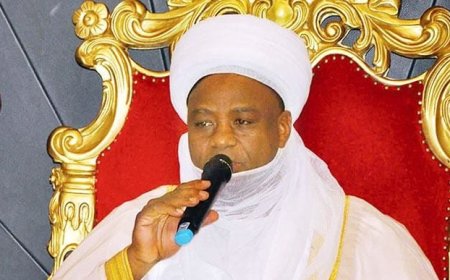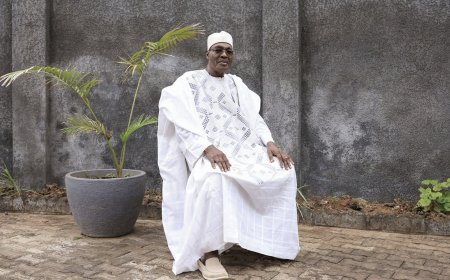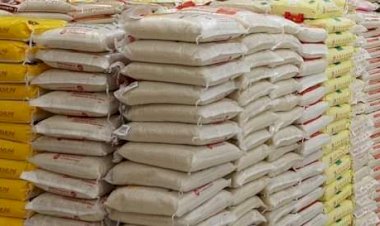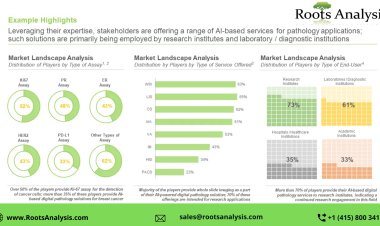30m Nigerians captured in National Social Register – Minister
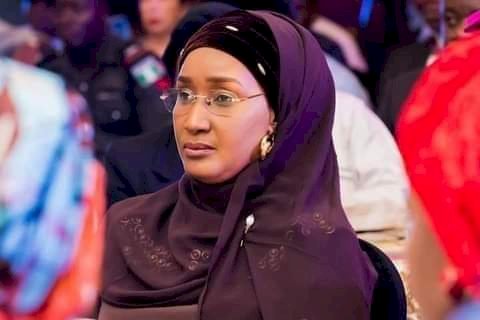
The Federal Government says it has captured no fewer than 30 million Nigerians in the National Social Register that would facilitate lifting 100 million people out of poverty in the next 10 years.
Bashir Alkali, the Permanent Secretary, Ministry of Humanitarian Affairs, Disaster Management and Social Development stated this at the National Social Safety Nets Project, NASSP, engagement meeting with State Permanent Secretaries on Thursday in Abuja.
He said that under the ministry’s mandate sat on NASSP supported by the World Bank to reduce poverty and Socioeconomic vulnerabilities in Nigeria.
Mr Alkali said NASSP was designed to have structures from the federal to the states, down to the local government levels, reflecting the three tiers of government.
“Currently, the NSR has 30 million Nigerians from 36 states and the Federal Capital Territory from seven million poor and vulnerable households.
“A further break down shows these households have been identified so far in 699 local government areas, 8,161 wards and 81, 776 communities across the country.
“The NSR is developed using the geographical and community based targeting (CBT) Mechanism, using community members, anchored by the State Operation Coordinating unit (SOCU) in each of the state.
“The National Cash Transfer Office (NCTO), has currently enrolled 1, 632,535 benefiting poor and vulnerable households in 45, 744 communities from 5, 483 Wards of 557 Local government areas in 35 states and FCT,” Alkali said.
According to him, this translates to 8, 100,682 individuals in the benefiting households through a representative of the household called ‘Caregiver or Alternate Caregiver’ which is paid bi-monthly (N10, 000).
He stressed that currently, 991,965 households were receiving payment in 28 states and the FCT.
He maintained that, all these were to actualise the vision of President Muhammadu Buhari to pull 100 million Nigerians out of extreme poverty.
“Thus, there is need to harmonised the structures and operation of SOCU. It is very important”.
Speaking, the National Coordinator of NASSCO, Apera Iorwa, said the state permanent secretaries are oversight officers of the programme in the state
“There is need for us to meet regularly and analyses issues, modalities and chart a way forward for the programme”.
Mr Iorwa said, permanent secretaries have to be up and doing to avoid diverting the objectives of the programme in the state.
He added that states were liable to refund monies to the World Bank because accounts would be audited and if the funds are misused, they would be refunded.
Similarly, the National Programme Coordinator of Conditional Cash Transfer, Ibrahim Jafar said carrying along all stakeholders in the programme is very instrumental to the success of the Programme.
He noted that it was very important to know the difference between National Beneficiary Register and National Social Register
He revealed that there were some challenges in payment, but, soon, most of the issues would be address.
The News Agency of Nigeria reports that while some of the Permanent Secretaries appreciate the Ministry Of Humanitarian Affairs for the opportunity, others lament the wide information gap between them and the SOCU courtesy NASSCO.
Responding, Mr Iorwa stressed that the issue would be address and henceforth, any information pass to SOCU would also be passed to the Permanent Secretaries.






























